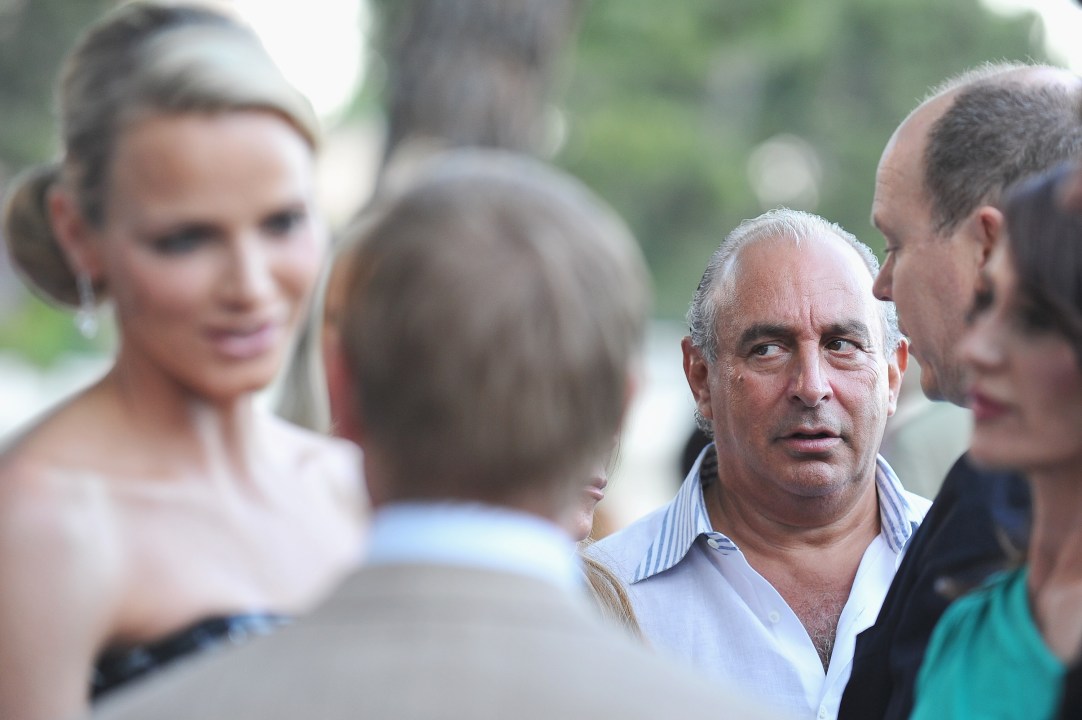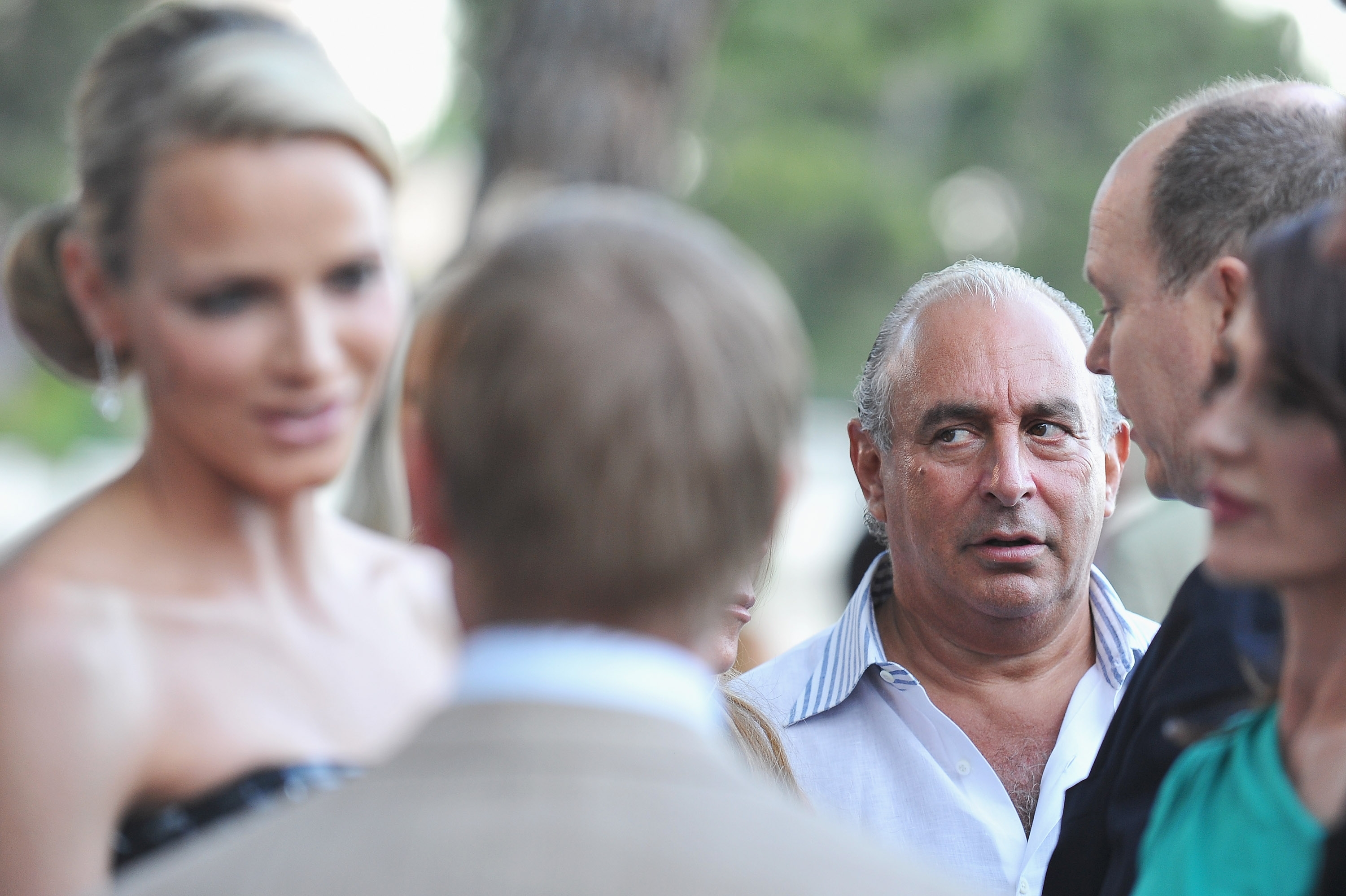The giant drug companies that are on brink of delivering a Covid vaccine in record time? Well, that’s easy. The technology companies that have relentlessly innovated to transform the way we communicate with one another? That’s not too hard. The power generators, food manufacturers and automobile conglomerates that supply most of our daily needs? That’s a breeze. Heck, even the banks can justify their existence, at least in theory. Most entrepreneurs and businesses are fairly easy to defend. But Sir Philip Green? Errrrr…
The free market needs defending, perhaps more now than at any time in the last 50 years
Of course it was just about possible to explain his vast wealth. But let’s be honest here, no matter how many times you might have read the collected works of Friedrich Hayek or Ayn Rand it was a struggle. And the blunt truth is that the free market will be in better shape without him.
It remains to be seen what the final fate of Green’s Arcadia empire will be. It looks likely to crash into administration this week. His collection of brands, from Topshop to Dorothy Perkins to Burton, have been struggling for years but the closure of the high street during the Covid-19 crisis looks to have finally finished them off. A skilled deal-maker, he may well be able to salvage these businesses at the last moment. But it looks unlikely. At 68, Sir Philip looks set to ride, effing and blinding as he goes, into the sunset.
His legacy? It won’t amount to very much. Sir Philip was an entrepreneur of sorts, and for a time Topshop was a genuine pioneer of fast fashion, even if it was easily eclipsed by the likes of Zara, Uniqlo, Primark and Boohoo. Most of his chains, however, were acquired on the cheap, then run stingily while the final embers of life were squeezed out of them. It is hard to imagine even the most conservative ladyfolk of the home counties feel much excitement about shopping at Wallis anymore. Or anyone one else for that matter.
In truth, his legacy will be a negative one. Sir Philip’s estimated £900 million fortune was a horribly bad advert for free market capitalism. His manner was oafish, tasteless and boorish. His bullying was legendary. He gutted the companies he bought, side-stepped taxes, and ignored his staff, suppliers and pensioners. Some FTSE-100 businesses may be taking ‘woke capitalism’ a little too far. But that doesn’t mean standards of decency don’t count for anything — yet at Arcadia they didn’t.
That matters. The free market needs defending, perhaps more now than at any time in the last 50 years. The state takes more and more of GDP than ever, no matter how inefficiently it performs, and looks set to dominate the economy in the wake of the Covid-19 crisis. There is a constant clamour for more regulation of businesses and higher taxes. Against that Sir Philip seemed to have modelled himself on a cartoon from the Socialist Worker. He made it hard to defend the parts of the system that work. And his high profile, and the sheer number of shops he controlled, meant far more worthwhile entrepreneurs were ignored. It is always a shame to see any business go under. The demise of the chain will be tough on its long-suffering, little-rewarded staff. But in truth the free market will be a lot easier to defend without Sir Philip around.







Comments